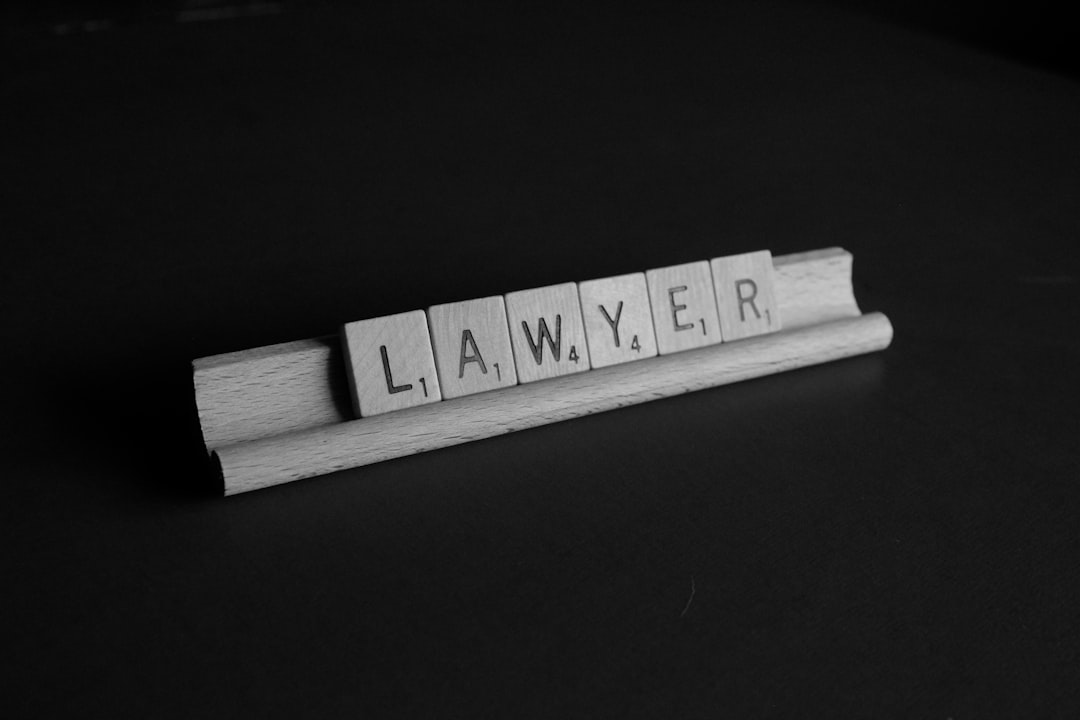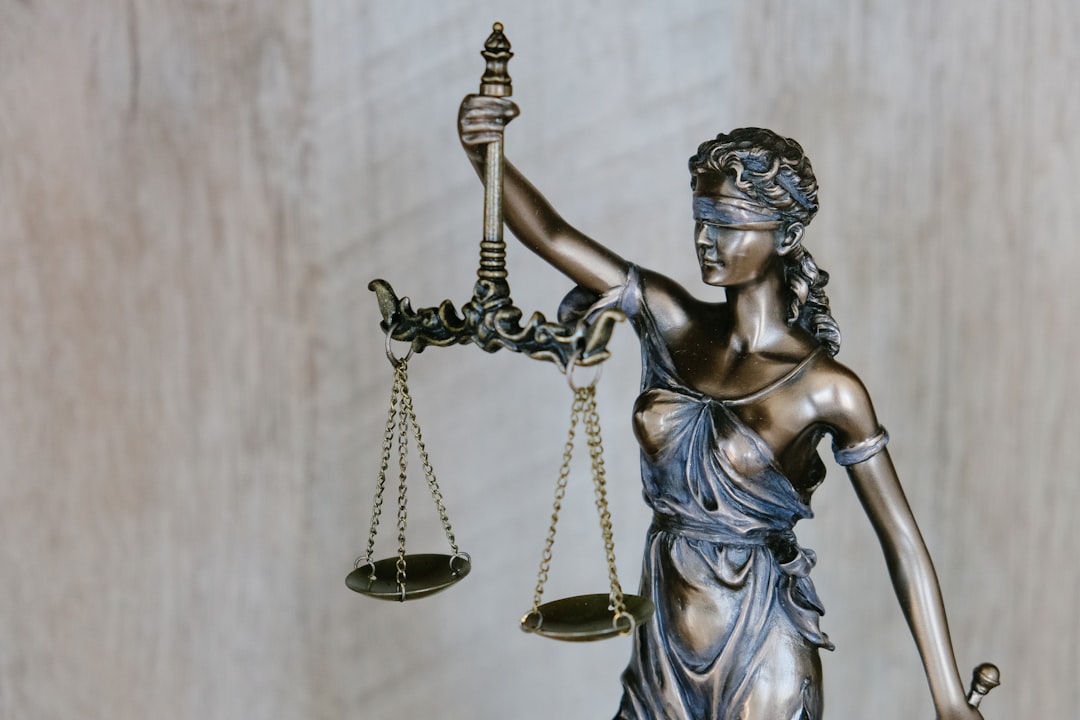In Mississippi, navigating legal proceedings after a rape can be overwhelming. A skilled rape lawyer plays a pivotal role in protecting your rights and guiding you through this challenging time. This comprehensive guide explores Mississippi’s rape laws, highlights the expertise a rape lawyer brings to your case, outlines what to expect during legal processes, and provides resources for survivors. If you or someone you know needs assistance, connecting with a dedicated rape lawyer in Mississippi is a crucial step towards justice and healing.
Understanding Rape Law in Mississippi

In Mississippi, understanding rape laws is crucial for anyone facing such a traumatic legal matter. A rape lawyer in Mississippi can offer invaluable assistance by explaining the state’s definitions and requirements for prosecution. The law defines rape as sexual penetration with another person without their consent, which can include various forms of non-consensual acts. It’s essential to recognize that consent must be freely given, and absence or withdrawal of consent is a key element in determining rape charges.
Mississippi has specific statutes regarding different types of rape, including statutory rape, which involves sexual activity with a minor, and forcible rape, where force or threats are used to coerce the victim. A qualified rape lawyer will help navigate these complexities, ensuring that rights are protected and that justice is pursued. They can guide clients through each step of the legal process, from filing charges to potential defenses and sentencing options.
The Role of a Rape Lawyer

When facing charges related to sexual assault in Mississippi, having a dedicated and knowledgeable rape lawyer can make all the difference. These legal professionals specialize in navigating the complex landscape of criminal law as it pertains to rapes and sexual assaults. A rape lawyer Mississippi residents trust will provide expert guidance from the initial investigation stages through trial representation.
Their role involves protecting the rights of the accused, ensuring fair treatment, and advocating for favorable outcomes. They expertly handle evidence collection, interview witnesses, and challenge any procedural errors or illegal tactics employed by law enforcement. With their in-depth knowledge of Mississippi’s legal codes and statutes related to sexual offenses, these lawyers offer tailored strategies to defend against charges, aiming to minimize consequences for their clients.
What to Expect During Legal Proceedings

When you engage a rape lawyer in Mississippi, understanding what to expect during legal proceedings is crucial. The first step typically involves a comprehensive consultation where your attorney will review the details of your case, discuss available evidence, and outline potential legal strategies. This is also an opportunity for you to voice any concerns or questions you may have about the process.
During the actual legal proceedings, a rape lawyer in Mississippi will navigate the complex legal system on your behalf. This includes filing necessary paperwork, presenting arguments before the court, examining witnesses, and introducing evidence that supports your case. The goal is to secure the best possible outcome, whether through a settlement or a trial verdict. Your attorney will guide you every step of the way, ensuring your rights are protected and your voice is heard.
Resources and Support for Survivors in Mississippi

In Mississippi, survivors of sexual assault or rape can access valuable resources and support systems to help them navigate their legal options and emotional recovery. Many organizations offer confidential services, including counseling, legal aid, and advocacy for victims. These groups provide a safe space for individuals to share their experiences and connect with professionals who understand the complexities of these cases.
A rape lawyer in Mississippi can be a crucial point of contact for survivors, offering guidance and representation tailored to their unique circumstances. They can assist with understanding legal rights, filing police reports, navigating court proceedings, and advocating for just outcomes. With their expertise, survivors can focus on healing while ensuring their voices are heard in the legal system.






